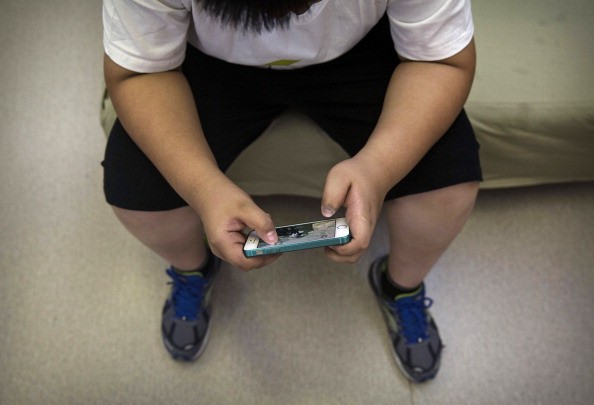The State Administration of Press, Publication, Radio, Film and Television (SAPPRFT), China's top media watchdog, might get sued after a Shanghai-based mobile game developer raised 50,000 yuan via crowdfunding, the Global Times reported.
Chen Yun, a game developer at Internet firm GiantAxe, is suing the organization over its new rule, which requires game developers to get approval first before they could launch any games online.
On June 30, Chen posted on the popular question-and-answer Chinese website zhihu.com that he would sue the watchdog should he be able to raise funds in two to three days.
The developer told the Global Times that in just a span of 11 hours, he has collected 50,000 yuan from netizens, adding that he and his lawyer are now working on the case.
Earlier in June, SAPPRFT released the new approval regulation requiring game studios to apply for a publication number for their mobile games before they could put the applications available online.
The rule also demanded that mobile games released before July must get a publication number on or before Oct. 1. Failure to comply will mean that the authorities could delete the game.
According to Li Fangping of the Beijing-located Ruifeng Law Firm, Chen's lawyer, the controversial regulation is against the 2015 guidelines released by the Sate Council, which gives firms permission to get their businesses up without obtaining administrative permits.
Chen also regards the new SAPPRFT regulation as too rigid, calling on authorities to make a more efficient and reasonable supervision scheme that will help foster China's gaming industry.
The new regulation covers around 80 days of censoring mobile games that may include military, political or even religious topics and other sensitive contents.
"The verification process is too long. It may lead some studios to lose the best opportunity to release their games," Hao Peiqiang, another Shanghai-based mobile app developer, told the publication.
"Moreover, if they fail to get a publication number, they have no channel to communicate with SAPPRFT," Hao added, explaining that although the new rule has good intentions, "it will strike a blow to the mobile games industry."



























